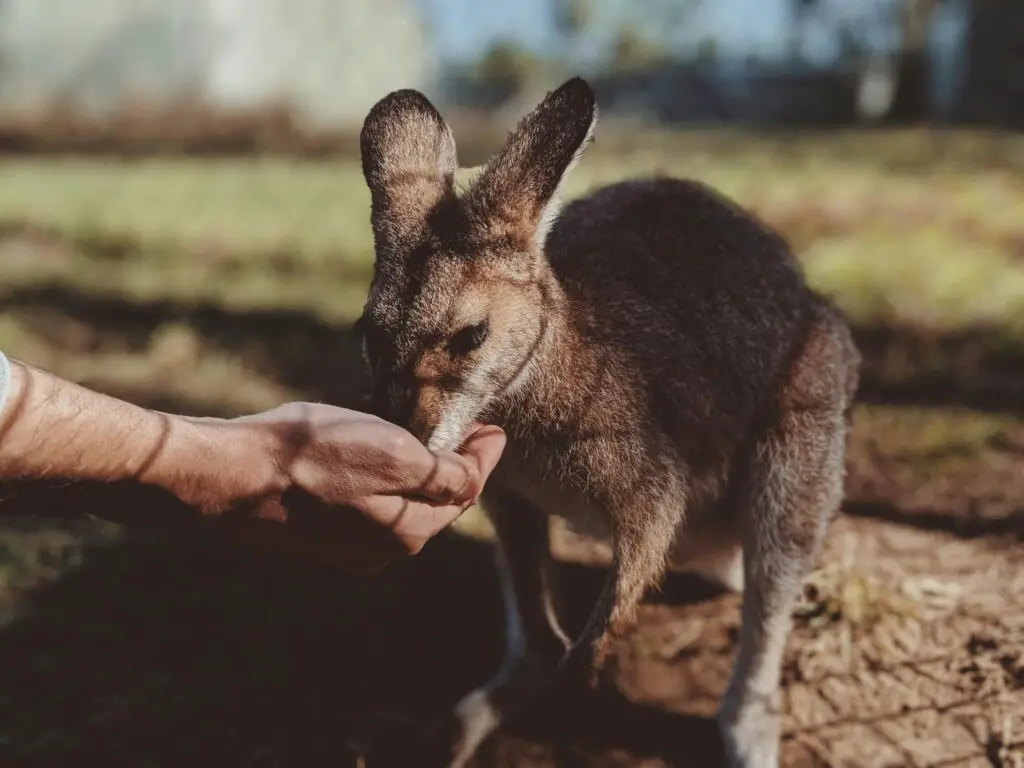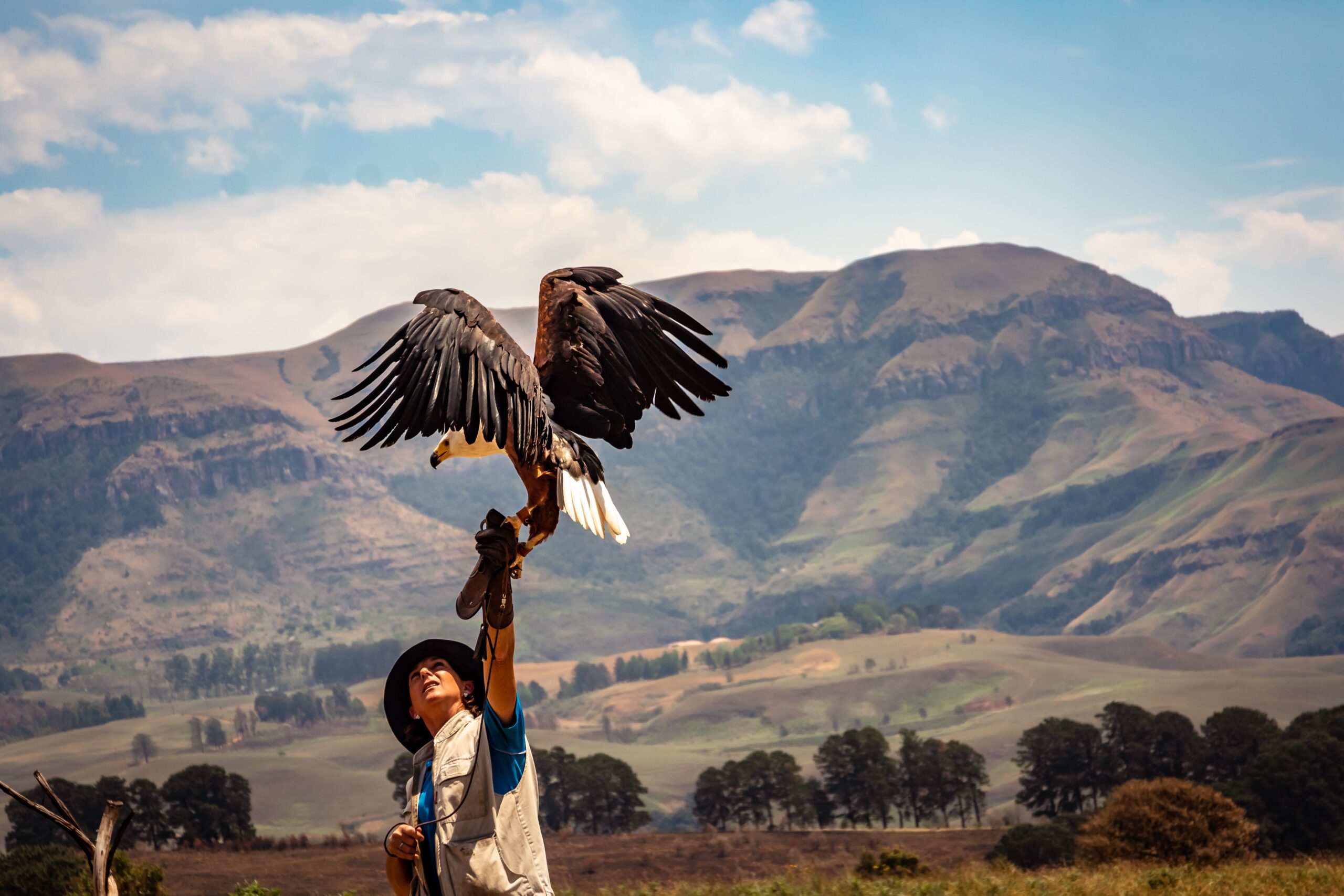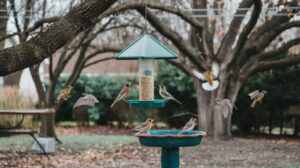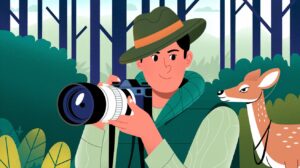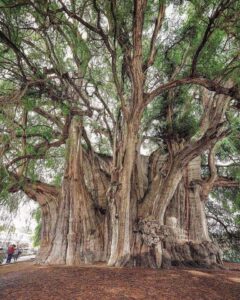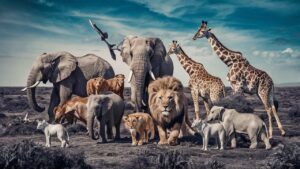Get excited fellow animal lovers! I’m bursting with ideas on how we can make a real difference in wildlife conservation efforts. There are so many threatened species that need our help, and even small actions on our part add up to huge impacts. I can’t wait to share 100 words on easy, fun things we can start doing today to help protect our furry, feathery, and scaly friends across the globe. From donating to reputable organizations to reducing our plastic waste, we have the power to create positive change. Let’s band together and take action to ensure vulnerable wildlife populations get the protections they deserve!
The Importance of Wildlife Conservation
As an animal lover, wildlife conservation is close to my heart. Protecting endangered species and their habitats is so important for maintaining the balance of our ecosystem. Here are a few reasons why wildlife conservation matters:
- Biodiversity. Our planet is home to millions of plant and animal species that form a complex web of life. If one species disappears, it can have a ripple effect across entire ecosystems. By protecting wildlife, we preserve biodiversity and help maintain nature’s delicate balance.
- Protecting natural habitats. Many wildlife species are at risk due to loss of habitat from deforestation, pollution, and human activity. Protecting land for wildlife helps ensure they have a place to live and thrive. Some of my favorite places to visit are national parks and wildlife refuges.
- Future generations. I want my children and grandchildren to be able to experience the wonder of seeing wild animals in their natural habitats. Protecting wildlife today helps ensure that future generations can enjoy Earth’s beauty.
- Human welfare. Believe it or not, wildlife conservation directly benefits humans. Many plants and animals provide food, medicines, and raw materials for clothing, shelter, and other goods. Protecting biodiversity helps ensure we have access to these critical resources long into the future.
Overall, every small action we take to support wildlife conservation makes a difference. Donating to reputable organizations, reducing waste, and making sustainable lifestyle choices are all ways we can help protect endangered species and their habitats. Our planet’s wild places and creatures are worth fighting for. Together, we can make a change to secure a bright future for wildlife.
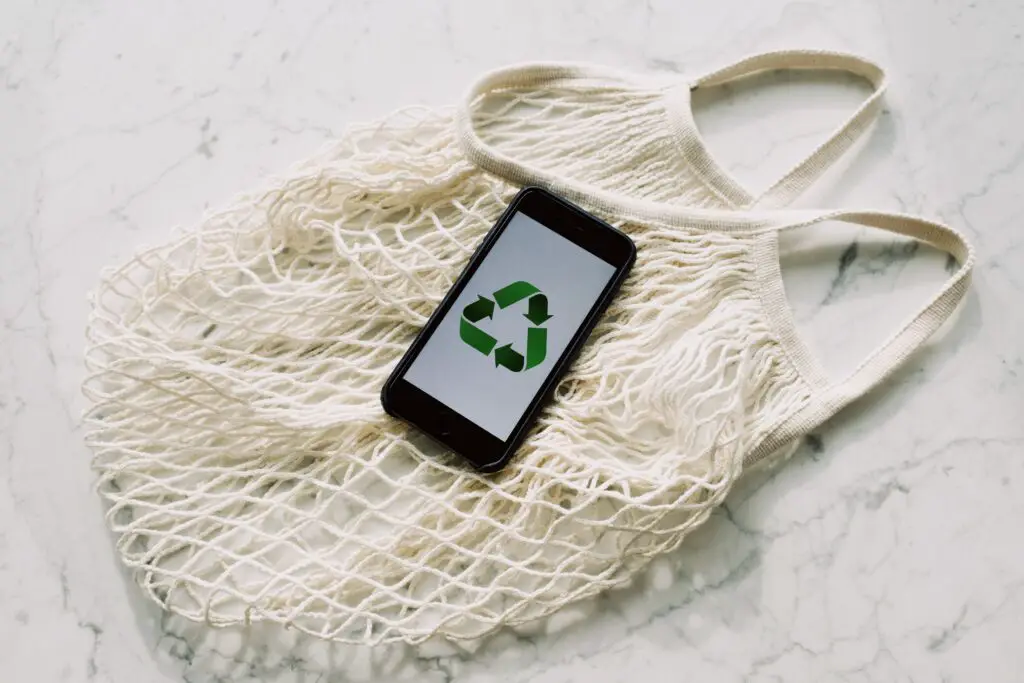
Threats Facing Wildlife Today
I’m passionate about protecting wildlife and their habitats. Unfortunately, many species around the globe are in danger due to human activity and environmental changes. As an animal lover, it’s heartbreaking to see so many threats facing wildlife today.
Deforestation is devastating many species by destroying their homes. Trees are cut down for timber, and paper, and to clear land for agriculture or development. This has caused many animals like orangutans, tigers, and monkeys to lose their habitats and food sources.
Poaching is another huge threat, especially to endangered species like elephants, rhinos, tigers, and gorillas. Poachers kill these animals for their tusks, horns, and body parts to sell on the black market. If poaching isn’t stopped, some of these iconic animals could go extinct in our lifetimes.
Pollution is harming wildlife in many ways. Plastic waste clogs waterways and entangles or poisons animals. Chemicals and waste from factories pollute the air, water, and land. Noise and light pollution disrupt animals’ natural behaviors. All these types of pollution are damaging ecosystems and the animals that inhabit them.
Climate change is altering temperature and weather patterns, causing sea levels to rise and more frequent extreme weather events. This is negatively impacting many species by changing available food sources, shrinking habitats, and altering migration and hibernation patterns. Polar bears, penguins, whales, and many other animals are already being affected.
As you can see, wildlife around the world is facing an array of serious dangers. But together, we can all make a difference through conservation efforts and making more sustainable choices in our daily lives. Our actions today will help ensure that future generations can still appreciate the wonder of nature and wildlife on our planet.
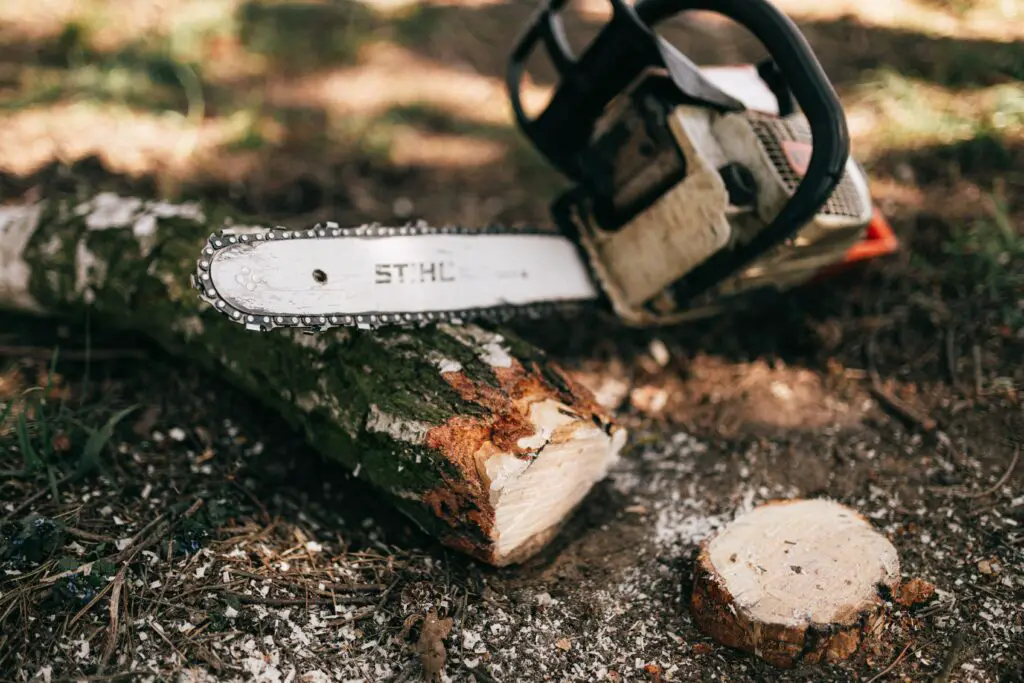
Everyday Habits Harming Wildlife and How to Change Them
Are you an animal lover concerned about the environment? Me too! As individuals, we can all make small changes to our daily habits that, when combined, make a big difference in protecting wildlife. Here are a few everyday routines we can improve:
Reduce single-use plastics
Plastic pollution poses a huge threat to animals.Those plastic straws, cutlery, and bags may seem convenient, but they often end up in waterways and the ocean, harming and killing wildlife that mistake them for food or get entangled in them. Let’s choose reusable alternatives instead, like stainless steel straws, cloth bags, and bamboo cutlery. Every little bit helps!
Eat sustainable seafood
Many seafood populations have declined due to overfishing and bycatch. We can support sustainable fishing practices by choosing seafood from well-managed fisheries. Check out seafood guides to find the most eco-friendly options. Some great choices include Alaskan salmon, sardines, and tilapia. Say no to shark fin soup and bluefin tuna – their populations have dropped by over 90%!
Reduce waste
The average person produces 4.5 pounds of waste per day, much of which ends up in landfills that damage the surrounding environment. We can all make an effort to reduce waste by reusing and recycling as much as possible. Compost food scraps and use reusable containers for leftovers. Donate or repurpose used clothing and other items. Buy recycled products. Minimize excess packaging when shopping. Together, we can make a difference through these small actions.
Every one of us has the power to make positive changes and protect wildlife in our daily lives. By improving these habits and educating others, we can work together to build a sustainable future for animals and our planet. Our actions matter – so keep making a difference, every day!
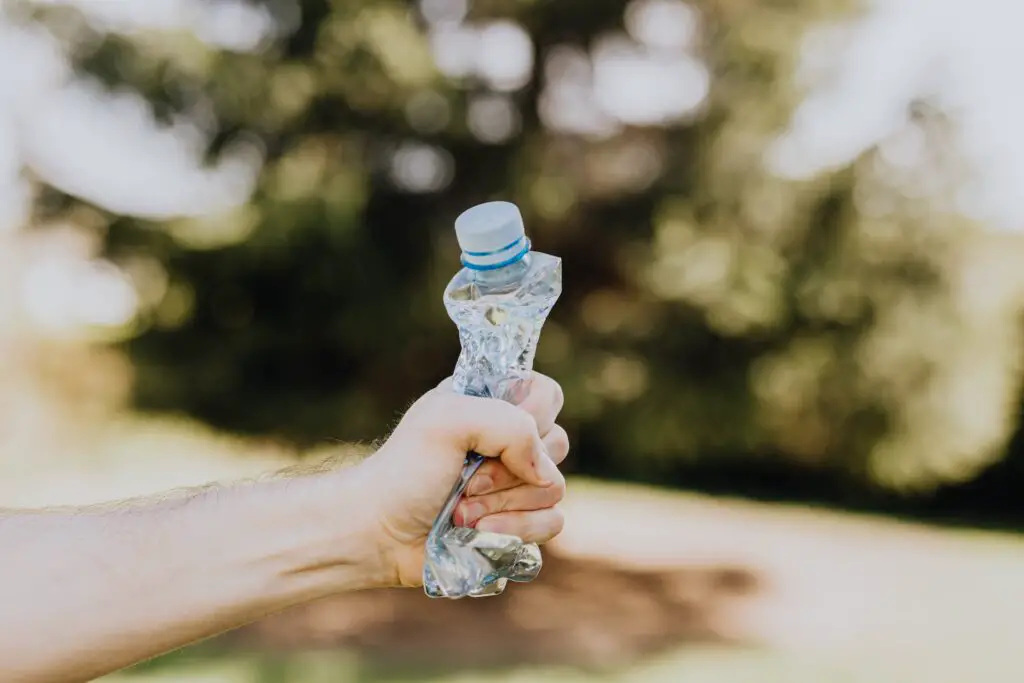
Ways You Can Directly Support Wildlife Conservation
As an animal lover, there are so many ways you can personally make a difference in wildlife conservation! Here are some of the actions I regularly take to support this important cause:
Donate to Trustworthy Conservation Organizations
I donate a portion of my paycheck each month to organizations like the World Wildlife Fund, The Nature Conservancy, and local wildlife sanctuaries. These organizations work directly to protect vulnerable species and their habitats. Every dollar helps, so I give what I can.
Reduce Plastic Use
Plastic pollution poses a huge threat to wildlife, so I do my part by using reusable bags, bottles, and cutlery. I also avoid single-use plastics as much as possible. Making these small changes in my daily life significantly decreases the amount of plastic that could end up harming animals.
Eat Sustainable Seafood
As a seafood lover, I choose to eat fish and shellfish from sustainable sources to avoid contributing to overfishing. Some of the best options include wild-caught Alaskan salmon, tilapia, and lobster. I always check the Marine Stewardship Council’s recommendations to make sure I’m making the most environmentally-friendly choice.
Travel Responsibly
When I go on vacation, I make sure my travel dollars support wildlife conservation. I choose tour companies and destinations that follow eco-friendly practices and give back to local conservation efforts. Some of my favorite places are national parks and wildlife refuges where entrance fees go directly toward protecting the land and animals.
Spread Awareness
Lastly, I try to spread awareness about wildlife conservation issues whenever I can. I share articles on social media, start discussions with friends and family, and encourage others to take action. Grassroots support can lead to big changes, so every voice matters in this cause.
By taking these small steps in my daily life, I feel good knowing I’m making a direct impact in protecting vulnerable wildlife and wild places. Every one of us has the power to drive change through individual actions and advocacy. Together, we can ensure a bright future for animals all over the world!
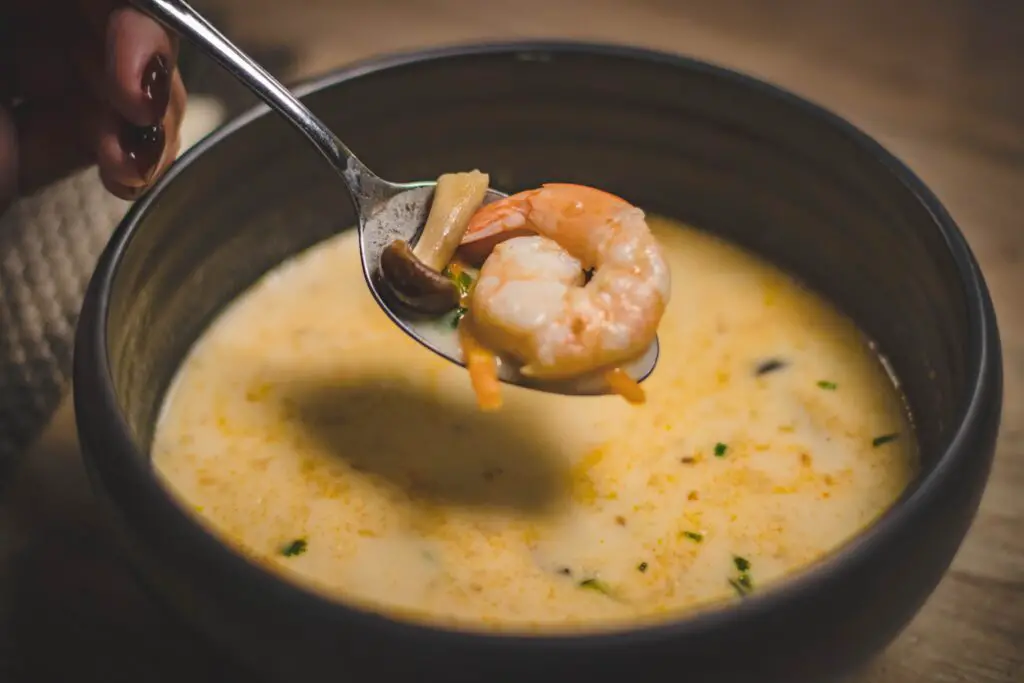
Getting Involved With Wildlife Conservation Organizations
There are so many ways we can all pitch in to help protect endangered species and habitats. One of the best is by supporting wildlife conservation organizations. These groups are on the front lines, working tirelessly to defend animals and their natural environments. I’ve chosen to support a few of these inspiring organizations, and you can too!
As an animal lover, I’m passionate about big cats, so I’m a member of Panthera. They focus specifically on conserving jaguars, leopards, lions, pumas, snow leopards, and cheetahs. Panthera funds research on these majestic cats and works with local communities to mitigate conflict between big cats and people. They’ve helped expand protected areas for big cats and reduced poaching.
Another amazing group is the World Wildlife Fund (WWF). They work to protect all types of wildlife and wild places around the globe. WWF partners with communities to establish protected areas, monitors endangered species, and aims to stop poaching and wildlife crime. They work on issues like climate change that threaten vulnerable ecosystems and the animals that inhabit them. I donate monthly to WWF to support their critical mission.
On a local level, I volunteer at a wildlife rescue and rehabilitation center. They care for injured and orphaned native wildlife with the goal of releasing animals back to the wild whenever possible. I help feed baby birds, clean enclosures, and assist the vet techs and rehabbers. It’s very rewarding to see animals recover and be released! See if there’s a wildlife rescue group near you that needs help.
There are so many impactful organizations working hard to protect our planet’s natural treasures. Pick causes you’re passionate about and get involved however you can. Donate your time, money, or skills. Together, we can all make a difference through wildlife conservation! Our actions today will help ensure that these magnificent animals are around for generations to come.
